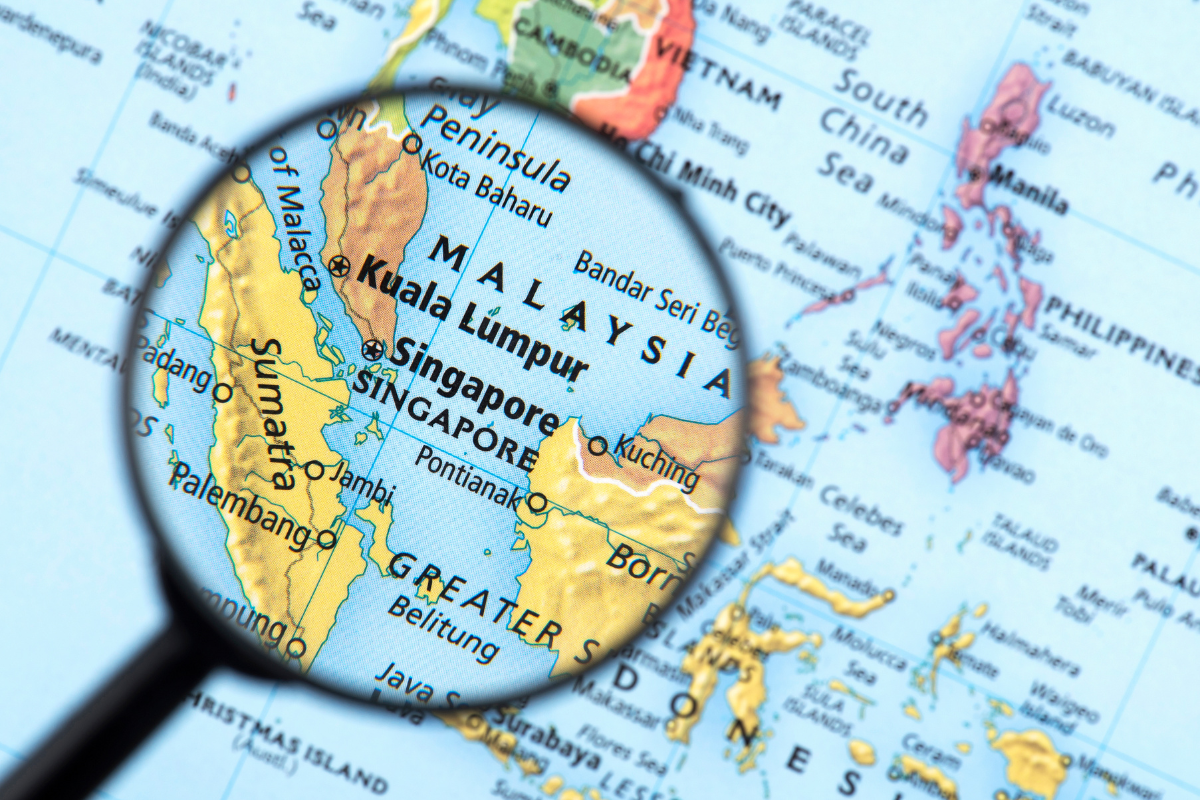In a landmark step for regional cooperation, Malaysia and Singapore have agreed to create a Special Economic Zone (SEZ) in Johor. The move, announced at the 11th Malaysia-Singapore Leaders’ Retreat in Putrajaya on Monday, aims to boost economic ties and attract high-value investments to the region.
Malaysian Prime Minister Anwar Ibrahim called the initiative a “game-changer.” It will boost cross-border collaboration and create new growth opportunities. Singaporean Prime Minister Lawrence Wong praised the deal. It shows the enduring partnership between the two nations.
An Economic Powerhouse in the Making
The Johor SEZ will target high-growth industries. They include advanced manufacturing, aerospace, tourism, and healthcare. The zone, in Malaysia’s southernmost state next to Singapore, aims to create 20,000 skilled jobs and attract 50 major projects in five years.
” This agreement shows our shared vision for resilience and innovation,” said Prime Minister Wong. “The Johor SEZ will serve as a hub for high-value activities and a model for regional economic cooperation.”
To enhance connectivity, the SEZ will also include plans for a high-speed rail link between Johor Bahru and Singapore. Backed by private investment, the project will cut travel time and improve logistics.
A Boon for Regional Economies
Both nations will create funds to support businesses in the SEZ. Tax incentives and strong infrastructure should attract global firms. They seek a foothold in Southeast Asia.
Analysts view the SEZ as a pivotal step in addressing post-pandemic economic challenges. The partnership will use Johor’s land and resources and Singapore’s tech and money. It aims to improve supply chains and boost innovation.
“The SEZ is a bold move to position the region as a global investment destination,” said economist Daniel Ng. “It capitalises on the complementary strengths of Malaysia and Singapore.”
Challenges and Opportunities
Experts warn that, despite the excitement, the SEZ’s success depends on effective execution. Infrastructure development, regulatory harmonisation, and workforce readiness are among the critical factors that could determine its viability.
“There is significant potential, but the stakes are high,” said regional development analyst Aisha Rahman. “Both governments must ensure seamless coordination to deliver on the ambitious promises of this initiative.”
Setting a Precedent for ASEAN
The Johor SEZ is a potential model for ASEAN economic cooperation. It is being closely watched. If successful, it could enable similar cross-border projects in the region. This would foster shared prosperity and innovation.
As Malaysia and Singapore start this bold venture, the global business community will watch Johor. They are eager to see how the SEZ will shape Southeast Asia’s economy.



